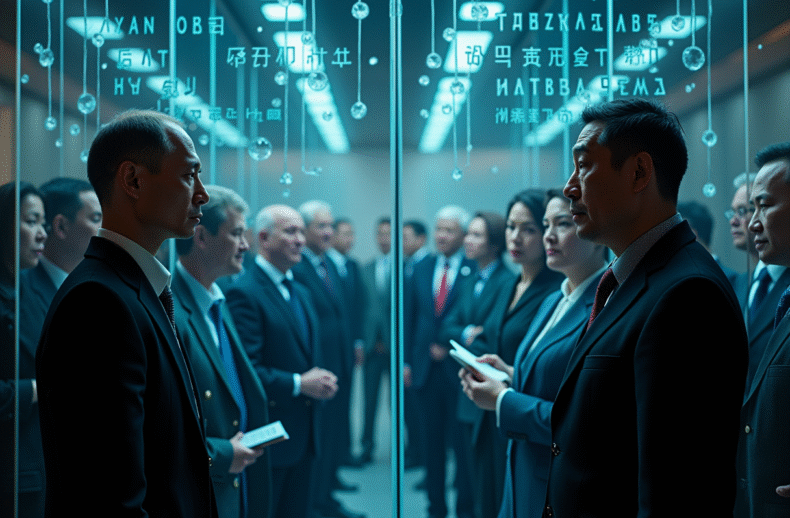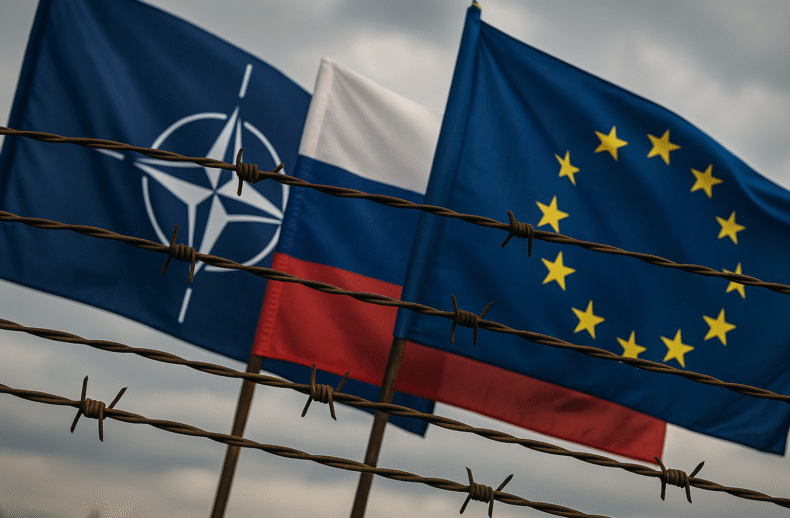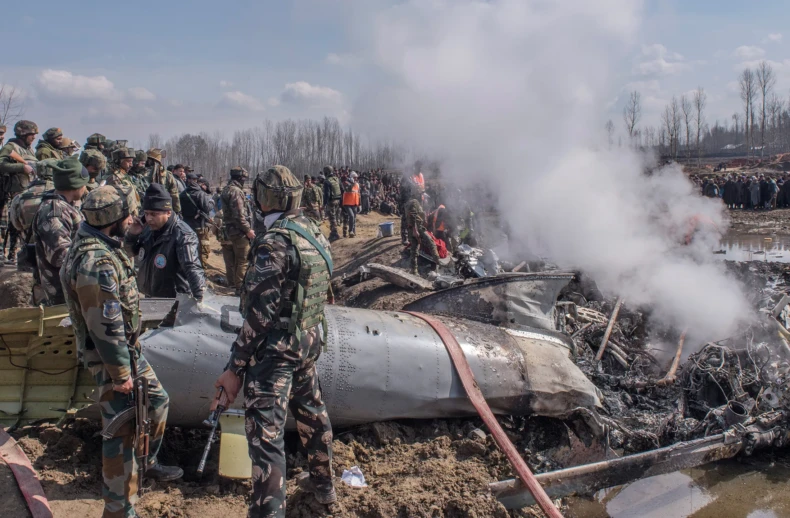This essay explores the hidden mechanics behind recent U.S. political actions—visa bans on Chinese students, the attack on Harvard University, and the court’s block on Trump’s tariffs—through the lens of Eidoism. It reveals how institutions that appear to act from legal or structural principles are increasingly driven by the demand for recognition. What looks like constitutional governance or national defense is often a symbolic performance. In a system dominated by appearance and political theater, form survives only as a mask. Until the loop of recognition is exposed, true structure cannot re-emerge.












